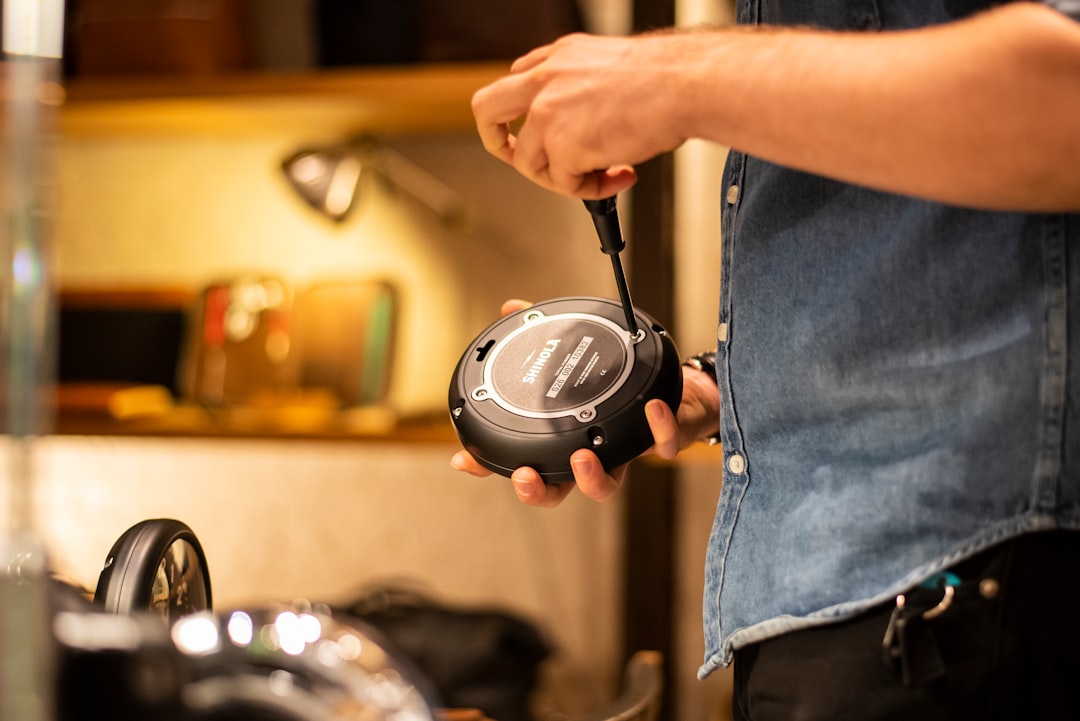
If you are lucky enough to have a treasured heirloom in the form of a grandfather clock, you know the joy it brings to your home. These majestic timepieces not only tell the time but also add a touch of elegance and nostalgia to any room. However, just like any other mechanical device, grandfather clocks require regular maintenance and occasional repairs to ensure they keep ticking accurately. In this article, we will explore some common issues that may arise with your grandfather clock and provide some tips on how to keep it running smoothly.
1. Proper Placement
First and foremost, where you place your grandfather clock can significantly impact its performance and longevity. It is crucial to find a stable and level surface to rest the clock, away from direct sunlight or sources of heat and humidity. Placing your clock in an area with extreme temperature fluctuations can lead to mechanical issues and damage. Additionally, make sure the clock is positioned in a way that allows easy access for winding and maintenance.
2. Regular Dusting and Cleaning
Dust and debris can accumulate on the delicate components of your grandfather clock, affecting its accuracy and functionality. It is essential to dust and clean your clock regularly to prevent these particles from interfering with its movement. Use a soft, lint-free cloth or brush to gently remove dust from the edges, corners, and intricate detailing. Avoid using any cleaning solutions or abrasive materials, as they could damage the clock’s finish.
3. Winding and Leveling
One of the most critical maintenance tasks for a grandfather clock is winding. Most clocks require winding every seven days, but this can vary depending on the specific model. It is recommended to wind your clock at the same time every week to ensure its accuracy. When winding, use a key or crank provided by the manufacturer and follow the instructions carefully. Over-winding can lead to internal damage, so be attentive and stop when you feel resistance.
In addition to winding, regularly check the level of your grandfather clock. Uneven floors or movement can cause the clock to become unlevel, leading to accuracy issues. Use a level tool and adjust the clock’s feet accordingly to ensure it is perfectly balanced.
4. Pendulum Adjustment
The mesmerizing swing of the pendulum is not only decorative but also the heart of a grandfather clock’s movement. If your clock is running too fast or slow, the pendulum may need adjustment. Most clocks have an adjustable pendulum length, typically done by moving a small weight up or down. To slow the clock down, move the weight up; to speed it up, move the weight down. Make slight adjustments and observe the clock’s performance over a few days until it reaches the desired accuracy.
5. Identifying Warning Signs
While regular maintenance can prevent many issues, it is essential to be vigilant and identify warning signs of potential problems. For example, if your clock suddenly stops or runs erratically, it may indicate an issue with the movement or the striking mechanism. Strange noises or excessive vibration should also be investigated promptly. If you notice any of these warning signs, it is best to seek professional grandfather clock repair services in Lafayette. They have the expertise and tools to diagnose and fix any underlying problems before they worsen.
In conclusion, a well-maintained grandfather clock can remain a cherished heirloom for generations. By following these tips, you can ensure the longevity and accuracy of your clock. Remember, proper placement, regular dusting and cleaning, winding and leveling, pendulum adjustment, and identifying warning signs are all essential aspects of keeping your grandfather clock running smoothly. Take care of your clock, and it will continue to be a timeless centerpiece in your home.